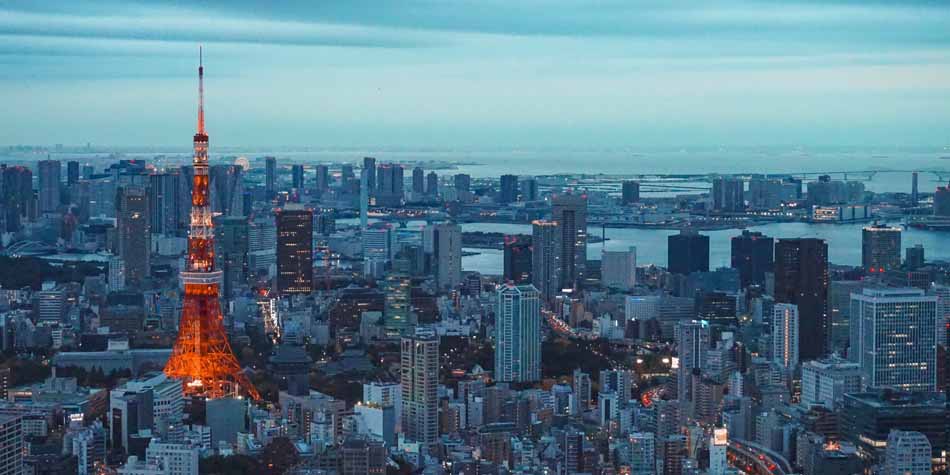In a recent X post, is that what they are called now? Well, on this post, Alina asked:
“Why do you want to work in the video game industry if it’s just full of toxicity and crunch culture?”
I decided to expand a little more and create this opinion article.
We love games, but we don’t like the industry.
It’s a valid question that often surfaces amid discussions about the challenges within the gaming sector. While I acknowledge the presence of issues like toxicity and crunch in the industry, my personal experience has been surprisingly positive, and it’s essential to recognize that not every studio embodies the same work culture.
As we see from some of the positive replies, many individuals are drawn to the video game industry for many reasons, each reflecting a unique aspiration or passion. Some are driven by the dream of crafting their games, wanting to contribute to the immersive worlds that captivated them as players. Others are motivated by a profound love for gaming, seeking a career that aligns with their hobbies. Many game developers are storytellers at heart, lured by the prospect of weaving intricate narratives and creating memorable characters.
While I don’t consider myself part of the group whose dream is to make a video game, I’ve discovered a blend of challenging but fulfilling work in the video game industry. It’s where I’ve found the rewarding feeling of problem-solving using a mix of technical and artistic approaches. I don’t know if this is the case for many people, but for me, it is a recipe for not just a job but a gratifying way to make a living.
My experience
The video game industry has been a source of inspiration and fulfillment for me. Granted, my experience is limited to working for a single company in Japan for seven years, but I believe it offers a unique perspective on the broader industry dynamics.

First, let’s get two issues out of the way.
As some of you may know, the Japanese are big on privacy, so I can’t just start throwing names of people, companies, or projects, even though I’m writing mostly positively about them.
Secondly, remember that when talking about Japan, your experience may vary greatly from company to company, especially with some of the BIG ones. And when talking internationally, of course, there are a lot of differences when it comes to companies, projects, and countries.
With that out of the way, let’s continue.
One of the standout aspects of my time in the industry has been the prevailing sense of collaboration and a positive working environment within my company. Toxicity, while not entirely absent, is not a defining characteristic. Recognizing that company culture plays a significant role in shaping the work environment is crucial. In my case, those who don’t align with the collaborative ethos tend to part ways swiftly, allowing the team to maintain a positive atmosphere.

We get to attend the Tokyo Game Show on Business Days!
Not all crunch periods are created equal.
Addressing the issue of crunch culture, I can draw from my diverse professional background, having worked in 3D animation for films, series, advertising, and architecture. Surprisingly, the video game development timeline has proven to be more forgiving when accommodating client or supervisor iterations.
Compared to my experiences in other industries, the video game development process provides a notable advantage in time management. The extended time frames between iterations offer developers the luxury of working for months at a stretch to prepare a delivery. This elongated period mitigates the need for frequent and intense crunch periods, allowing for a more sustainable and balanced work-life dynamic.

When someone returns from holiday, they bring back snacks from their trip.
My diverse professional background in Japan and a developing country has given me a unique perspective on work overload and crunch, particularly in the video game industry.
In my previous roles in advertising, projects often spanned just a few weeks, necessitating constant client revisions, sometimes even more than once a week. This dynamic created a continuous crunch where tight timelines and frequent iterations were the norm. Similarly, in architecture, the demand for client submissions, up to 2 or 3 times per week, introduced a level of pressure that I find ridiculous.
Of course, it’s essential to acknowledge that my experience might not be universal, and issues like toxicity and crunch culture persist in industry parts. However, it’s equally important to recognize that positive and nurturing work environments exist within the video game sector.
Clients make a huge difference.
Moreover, my experiences in other industries have highlighted a distinct challenge – clients often lack the expertise to review or judge a work in progress comprehensively. This situation may be familiar to many of us: A gasping silence occurs when a client checks the animation without textures or lighting, leading to comments like “Oh, everything is grey” or “Where is the color?”
This lack of knowledge contributes to prolonged revision cycles, intensifying the crunch and hostile environment. Understanding these dynamics allows me to approach the video game industry’s challenges with a nuanced perspective, recognizing the benefits of working where supervisors and clients know the processes and deliverables.
Conclusion
In conclusion, my journey in the video game industry has been marked by collaboration, creativity, and a relatively healthy work environment. While challenges exist, it’s crucial to celebrate the positive aspects of our experiences and work collectively toward fostering a gaming industry that prioritizes the well-being of its talented professionals.

We have many great places to go at lunch time.
I want to share a story about something that happened last week while having dinner with some high-ranking people from a game company (CEO, Producer, Art Director).
While having yakiniku at a restaurant near Tokyo station, I was struck by an inspiring anecdote that shed light on their unique motivations to keep working in the video game industry.
One of them mentioned the fact that he looks forward to the game being released so he and his children can enjoy playing together. Then another one noted that one of his most cherished memories was watching his son play a game on Switch with friends, proudly boasting, “My dad made this game!” The sheer amazement and joy that followed left an indelible mark on him, emphasizing games’ profound impact on personal connections and shared experiences.
This anecdote underscores a valuable perspective—while working in the video game industry is undeniably a job involving effort, challenges, frustration, and disagreements like any other job, the potential for creating meaningful and memorable moments is unparalleled.
So, I would like to keep working on video games.

Nyx, Editor at Vertex Mode, is also an experienced 3D Artist in gaming and film, sharing insights on Digital Art and its creators.

